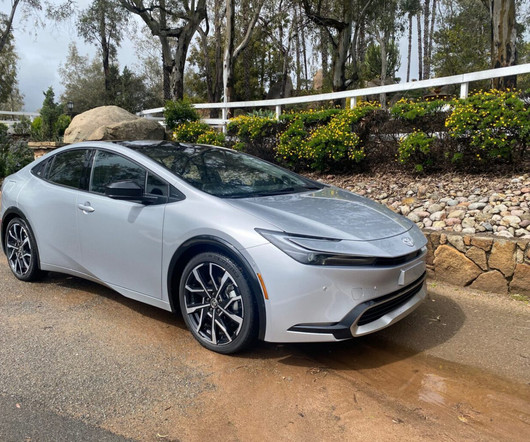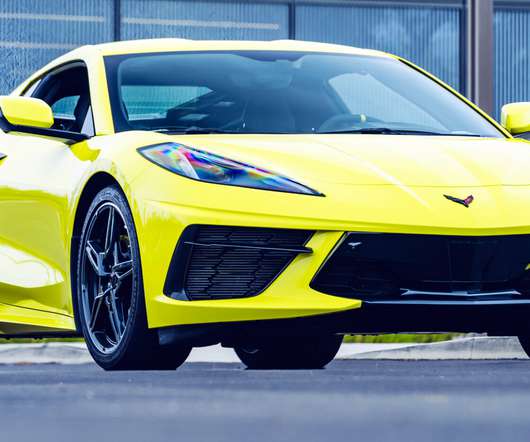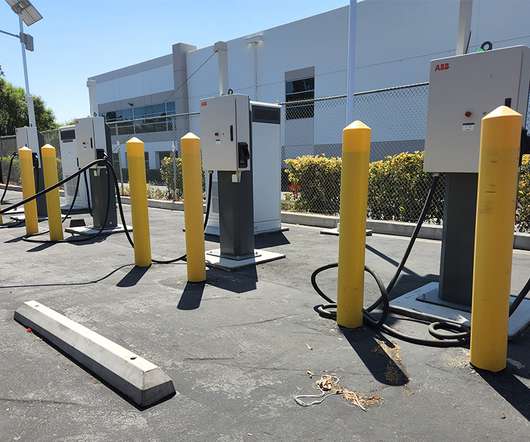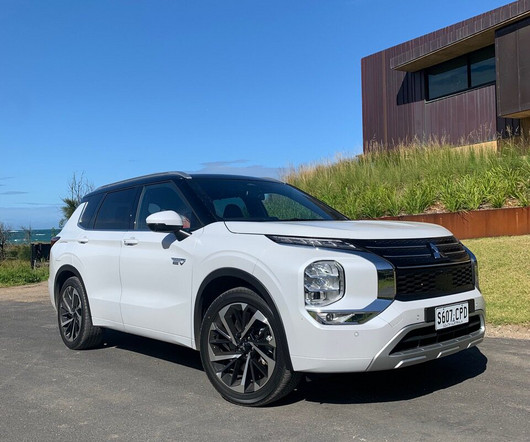EPA annual report on CO2, fuel economy and technology trends finds 2012 heading for all-time best; rapid adoption of new technologies
Green Car Congress
MARCH 15, 2013
Adjusted CO 2 emissions and adjusted fuel economy, MY 1975-2011. The report finds that CO 2 emissions rates and fuel economy values reflect a very favorable multi-year trend beginning in MY 2005. The fleet-wide average real world MY 2011 personal vehicle CO 2 emissions value is 398 g/mi and average fuel economy is 22.4







































Let's personalize your content